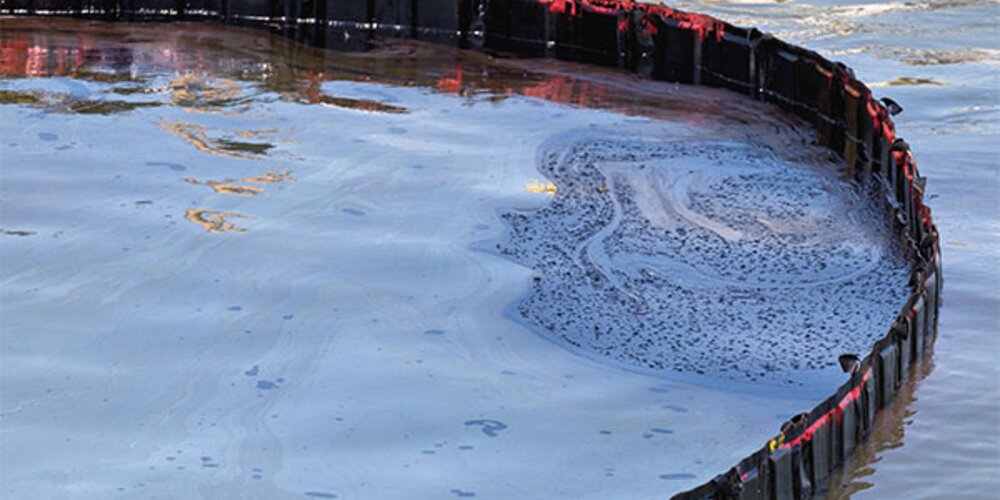Browse our services
Explore how Brookes Bell can help you
Find an expert
Meet our team, find and expert and connect
Contact us
Get in touch, we're here to help

The European Commission has put forward five legislative proposals to modernise European Union (EU) rules regarding maritime safety and the prevention of water pollution from ships.
It is expected that the new legislative proposals - if passed - will align EU rules with international regulations, securing a ‘level playing field’ for the sector. The European Maritime Safety Agency (EMSA) will play a central role in the implementation of the new requirements, working with EU member states to enforce the new rules.
The three core maritime safety proposals cover flag state inspections, port state control and additional requirements and support for accident investigations.
The European Commission wishes to introduce clear requirements for state flag inspections, based on international rules, as well as specific EMSA training for national administrations to enhance the controls that Member State authorities have over their fleets.
The proposal will also facilitate information-sharing between flag states on the results of inspections they carry out and compliance issues in general. EMSA will support this cooperation through a revised professional development and training programme for flag state inspectors.
Another proposal aims to extend port state control to cover additional international rules. These include measures to improve member states’ capacity to detect and correct lack of compliance with safety rules and standards.
The scope for accident investigation will be extended to fishing vessels. Member states will be able to apply port state control for fishing vessels over 24 metres calling at EU ports.
Member states would also have to report and screen any serious accidents involving smaller fishing vessels measuring less than 15 metres for possible ‘lessons to be learned’.
Additionally, under the proposals, national accident investigation bodies would receive further support from EMSA. A pool of experts will be available upon request, as well as specialised tools and equipment.
The remaining proposals cover ship-source pollution and aim to prevent any form of illegal discharges into European seas.
A core proposal involves extending the scope of existing regulations to align EU rules with international regulations to cover a broader range of polluting substances.
As well as covering illegal discharges of oil and noxious liquid substances (which are covered under existing rules), the European Commission proposes to also include discharges of harmful substances carried in packaged form, sewage, garbage, as well as discharge waters and residues from exhaust gas cleaning systems (scrubbers).
The proposal will also aim to optimise CleanSeaNet - the EMSA’s surveillance and information sharing database. The enhanced system will facilitate ‘timely enforcement as well as cooperation between member states in case of cross-border ship-source pollution incidents’.
The other pollution-focused proposal would see the establishment of a strengthened legal framework for penalties and their application. This would enable national authorities to take adequate action in case of illegal discharge and impose penalties, such as fines.
Commenting on the package of proposals, the European Commission’s Commissioner for Transport, Adina Vắlean, said:
“Our high maritime safety standards have prevented major accidents in recent years. Yet we must not be complacent. We need to stay on top of new challenges and make the best use of the latest technologies.
Today’s package of proposals reflects the latest global developments, ensures member states are properly equipped to carry out inspections, drawing on EMSA’s expertise, and promotes digitalisation as a means to increase efficiency and information sharing between administrations”.
The proposals will now be considered by the European Parliament and the Council in the ordinary legislative procedure.
If you want to ensure your vessels don’t fall foul of increasingly stringent pollution control regulations, speak to Brookes Bell today.
Our Master Mariners have extensive experience advising vessel owners, charterers and others on a range of proactive pollution control measures. They are also able to undertake pollution investigations, pollution surveys and compliance reporting.
For more maritime industry insights and information, read the Brookes Bell News and Knowledge Hub…
Reduction in Containers Lost at Sea in 2022 | Industry Safety Body Calls for the Lifeboat to Be ‘Reinvented’ | UK Government to Designate Three ‘Highly Protected Marine Areas’ in English Waters